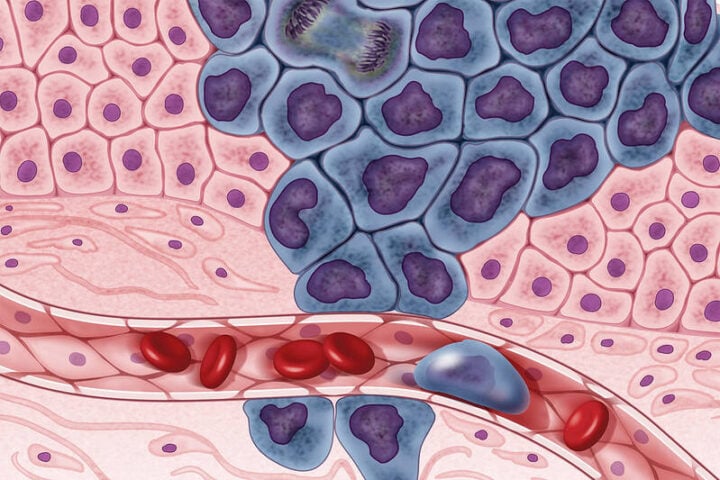A new report by the World Health Organisation draws attention to the urgent need to shift attitudes and approaches to mental health while also building new structures and strengthening systems for mental health. The report is the most extensive review of the many mental health systems worldwide and provides a framework for governments and institutions to better shape the world’s mental health systems. The report makes recommendations in 3 broad categories that will hopefully all work together to transform the current mental health landscape.
The first set of steps aims to increase the importance and commitment we place on mental health. The first step includes increasing investments in mental health and raising the financial and human resources available for mental health resources. As part of this step, they also aimed to support the creation of policies on a solid evidential basis. They focused on removing the stigma surrounding mental illnesses, increasing inclusion for those suffering from them, and promoting social justice.
The second series of steps aim to make structural changes to the various structures and communities that would better help address the social determinants of mental health. Homes, neighbourhoods, schools, workplaces, and health care services can all affect aspects of mental health. Addressing these structural determinants helps develop support structures to reduce risks, build resilience, and remove barriers to better mental health.
The third and final list of measures to improve mental health care is changing where, how, and by whom it is delivered and received. The WHO recommends building support systems based on community. Their agenda includes shifting away from the model of psychiatric care that involves holding patients in custody to one which supports a more holistic model of service and care.
The WHO report has made these recommendations after factoring in the wide prevalence of mental illness, which has increased during the pandemic. There also exists a strong stigma against mental health, which has lessened in recent years but remains strong. Many countries often pathologize and shift unfair amounts of blame onto victims of mental health disorders. They are often victims of further discrimination in fields of employment and education. People who are suffering from mental illnesses are unlikely to receive support. According to their report, 70% of people who suffer from diseases like psychosis do not receive treatment for their condition, and only ⅓ of people who have depression receive treatment. These factors led the WHO to create its three-pronged plan, which could help shift the world into a new era.

















